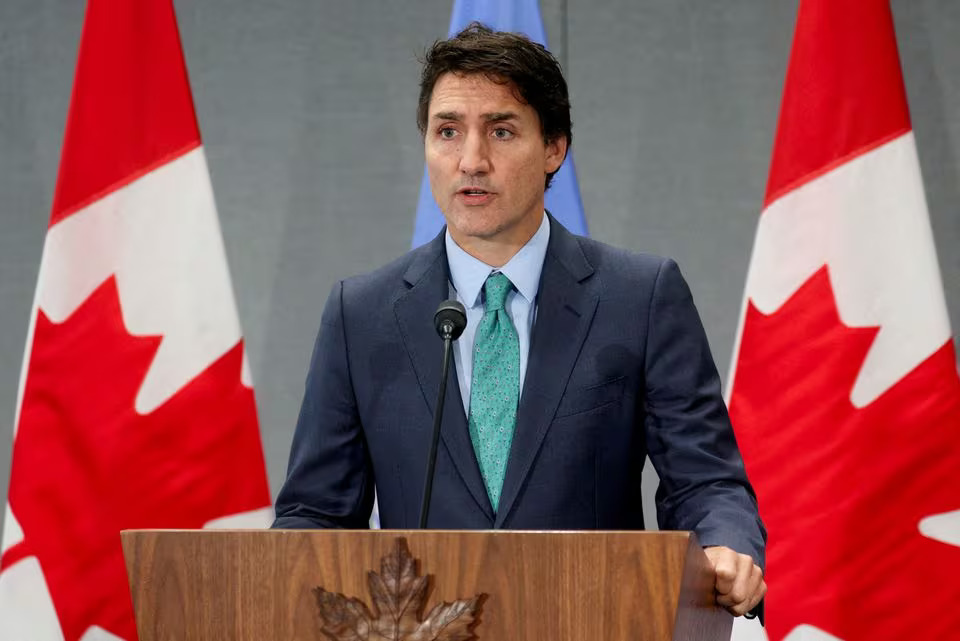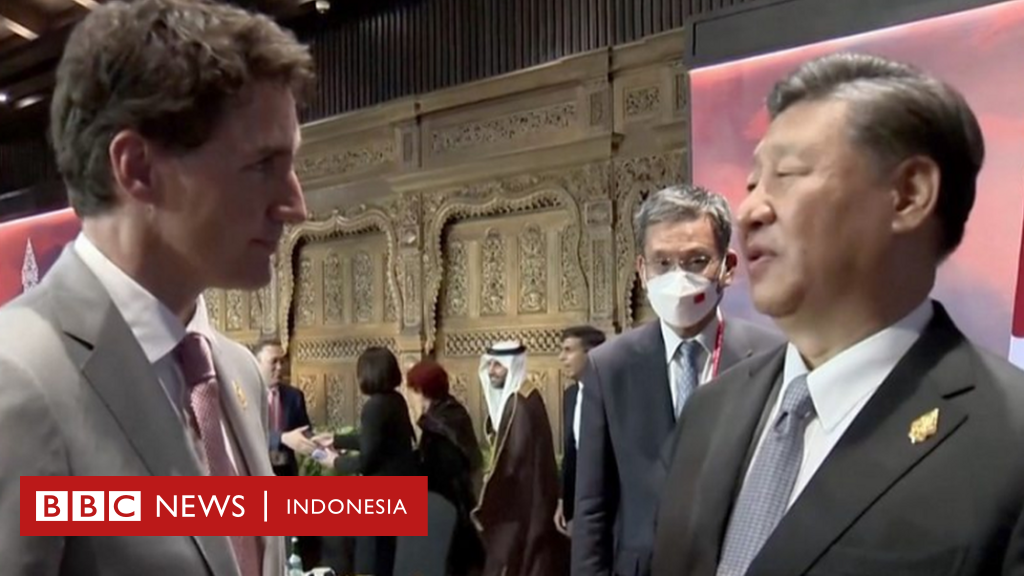Canada’s colleges and universities are calling on Immigration Minister Marc Miller to hit the pause button on his plan to cap the number of study permits, as the plan is inadvertently driving down student applications international.
The proposal to impose these limits on the number of study permits requires international students to submit letters of attestation from the provinces where they plan to study.
Each of these letters would confirm that the study permit applicant would fall under the new provincial ceiling.
Two lobbying groups representing Canadian colleges and universities say there’s a problem with the proposed plan: Provinces don’t yet have a process for issuing such attestation letters.
In a letter to the Minister of Immigration, Universities Canada and Colleges and Institutes Canada expressed concern that requiring letters of attestation would effectively shut down all new applications from international students.
Learn more
Canada’s housing crisis can’t be solved by reducing immigration, economist says
Provinces to improve oversight of colleges and universities after capping international students
Canada in a demographic trap, say Bank experts
Canadian colleges and universities say they need time to adapt.
“Our primary concern is the moratorium on the processing of new study permits for international students, particularly for college and undergraduate students,” the two groups reportedly wrote in the letter.
The groups said provinces are not ready for this new system and need time to adapt.
“This sudden stop, as provinces establish certification systems, is already having an impact on registrations. The lack of a pre-existing process in most provinces compounds the problem, preventing eligible students from obtaining a study permit,” reports the National Post.
“Canada’s global reputation as a leading educational destination is at stake, and careful attention is essential to avoid lasting consequences.”
Provinces have already committed to improving their oversight of the treatment of international students, but there are concerns that Ottawa’s proposed cap on study permits could lead to the closure of some colleges and universities.
Under Miller’s proposed cap on study permits, Canada’s provinces and territories will be hit with a two-year cap on the number of new international students.
Study permit caps will cut annual international student arrivals by a third
“The cap is expected to result in approximately 364,000 study permits approved, a 35 percent decrease from 2023,” Miller was quoted as saying. “In the spirit of fairness, we also allocate cap space by province, based on population. »
Under the proposed cap on study permits, provinces and territories will each have a limit on their capacity to welcome new international students.
The proposed limits will allow some provinces to increase their international student populations while significantly reducing them in other provinces, including Ontario.
The proposed cap on study permits was announced the same week that the eligibility requirements for post-graduation work permits (PTPD) were changed. Under the new criteria, students attending certain private colleges may not be eligible for PTPD after graduation.
Watch videos
” From September onwards. 1, international students who begin a program of study that is part of a program licensing agreement will no longer be eligible for a post-graduation work permit after graduation,” notes Immigration, Refugees and Citizenship Canada (IRCC ).
“Under program licensing agreements, students physically attend a private college that has been licensed to deliver the program of an associated public college. These programs have seen significant growth in attracting international students in recent years, although they face less oversight than public colleges and represent a gap when it comes to eligibility for post-graduation work permits.
Although Miller maintains that international students are essential to Canada and to enriching communities, he insisted that Ottawa has an obligation to ensure that they have access to the resources they need to live a successful life. enriching academic experience.
“In Canada today, that’s not always the case,” he said. “Today we are announcing additional measures to protect a system that has become so profitable that it has opened the door to abuse.
“Enough is enough. With the decisive actions announced today, we are striking the right balance for Canada and ensuring the integrity of our immigration system while preparing students for the success they hope for.
British Columbia’s Minister of Post-Secondary Education, Selina Robinson, is among provincial politicians pledging to take a series of steps to improve quality controls for international students. She said Radio-Canada she was dismayed by the actions of some post-secondary institutions in the province that recruit students with promises of guaranteed housing and classroom instruction.
Schools fear falling international student numbers could hurt them financially
“Students do everything right and when they arrive there is no accommodation, no support, and in fact I have heard of cases where there was no classroom,” Robinson reportedly said.
“We’re going to need a lot more accountability from these private institutions. »
Ontario’s Minister of Advanced Education, Jill Dunlop, agreed.
“We know that some bad actors are taking advantage of these students by promising them false guarantees of employment, residency and Canadian citizenship,” she was quoted as saying. “We have worked with the federal government to find ways to crack down on these practices. »
Across the country, some colleges and universities are bracing for an economic hit as the number of international students, all of whom pay higher tuition fees than Canadian students, declines.
Colleges and Institutes Canada is concerned about the impact of caps on study permits on post-secondary institutions.
“This approach, described by Minister Miller as a ‘blunt instrument’, will have far-reaching consequences across the sector, particularly in key regions, including the possibility of layoffs, closures and increases in tuition fees – which will inevitably affect both Canadians. and international students,” the CIC reportedly said.
“Chronic public underinvestment in post-secondary education is putting Canada’s world-class system at risk. Without significant reinvestment, we risk worsening the challenges facing the Canadian economy and society, particularly in the context of fierce global competition.

“Bacon aficionado. Hardcore twitter enthusiast. Hipster-friendly pop culture expert. Student. Certified beer buff.”






